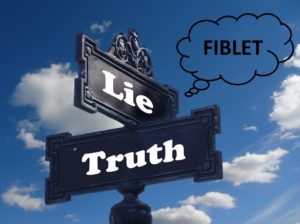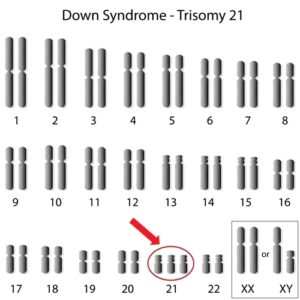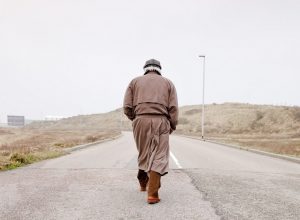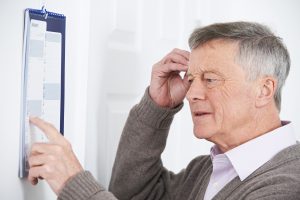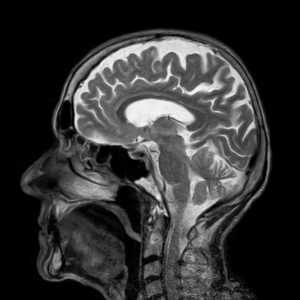
Importance of Diagnostic Testing
During these days of the COVID-19 pandemic, increasing violence, and political uncertainty, I wanted to talk about something else. I want to increase awareness about the reality that symptoms of dementia could very well be the consequence of something that is treatable and reversible. Dementia is NOT a diagnosis. It is a group of symptoms including memory loss; confusion and disorientation; lack of insight and poor judgement; challenges with sequencing and performing tasks; challenges with language and word finding; and mood and personality changes. When someone experiences any of these symptoms, a common reaction is to begin to withdraw and


